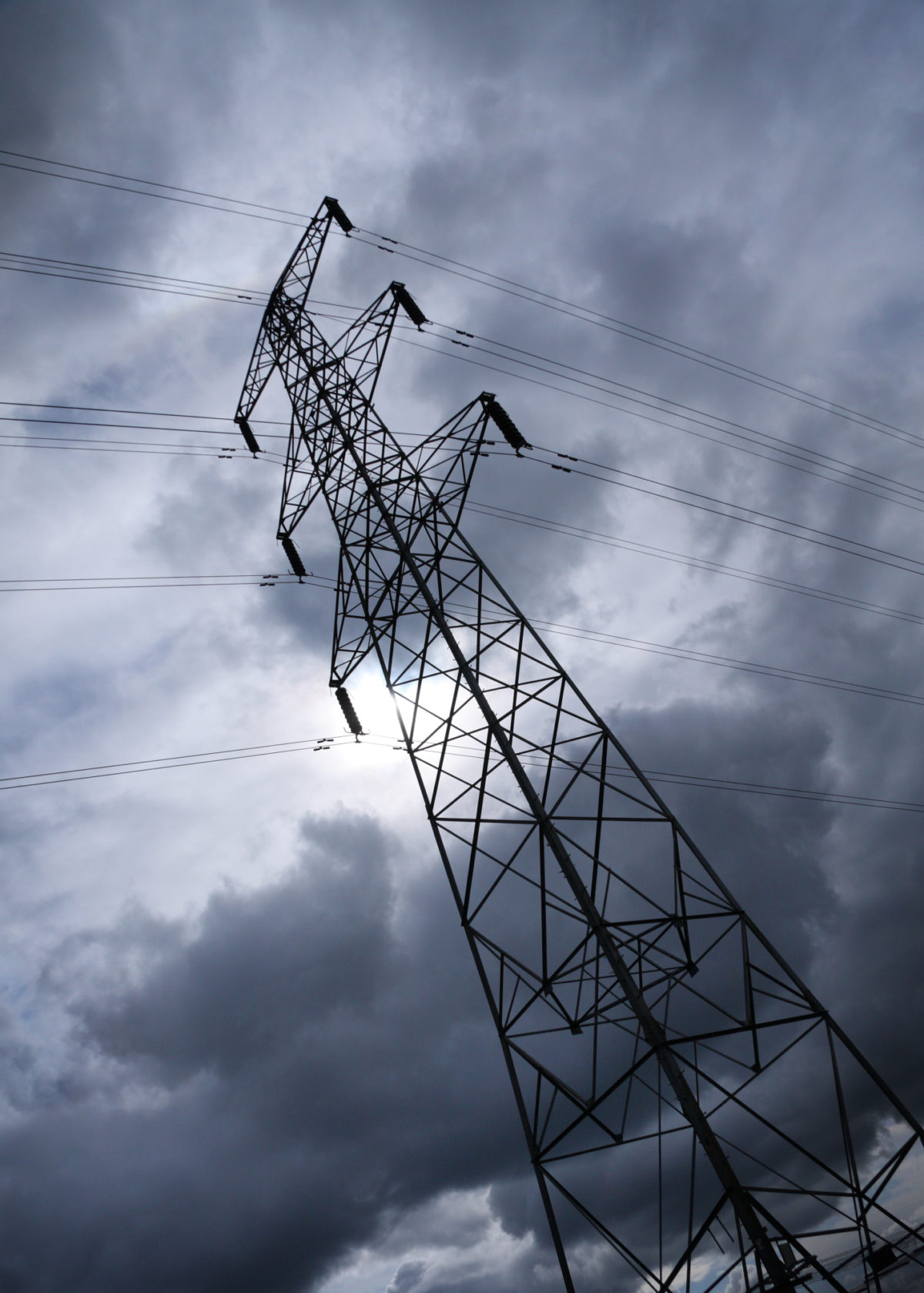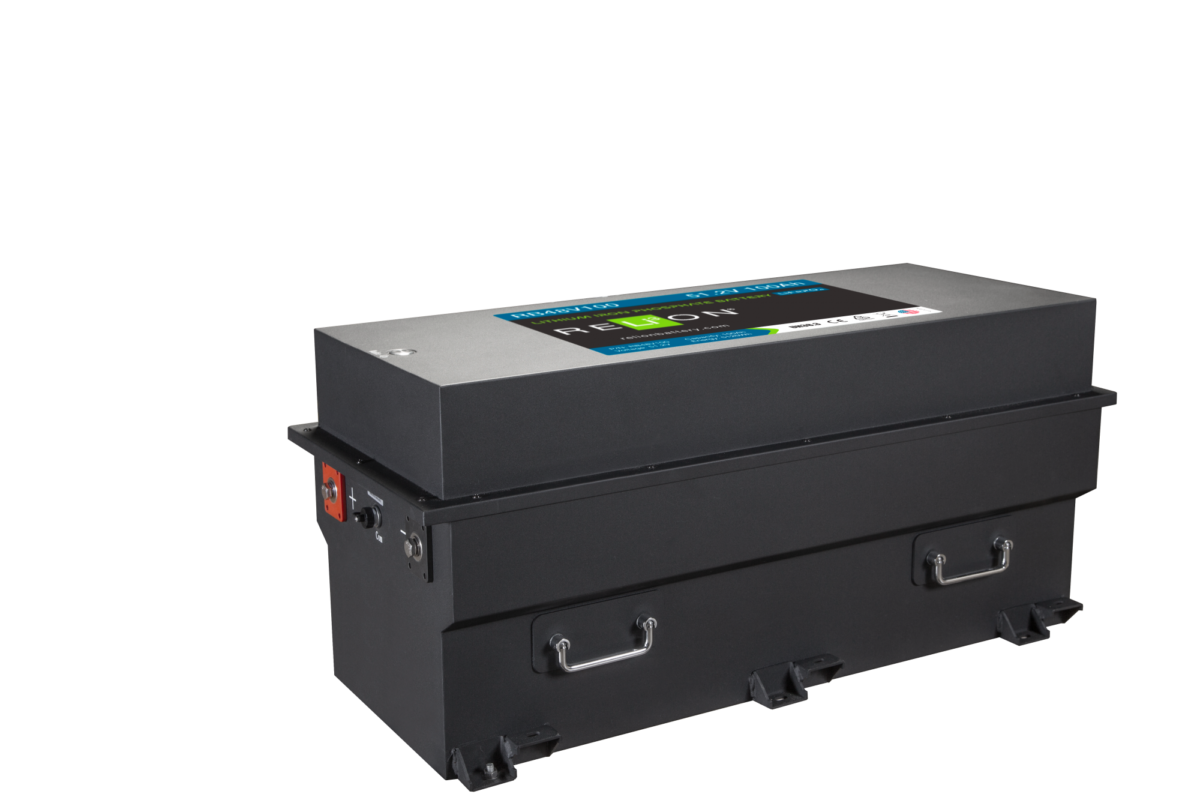North Carolina residents will tell you that they may have hurricanes, but at least they don’t have blizzards. Buffalo natives will say sure, they have blizzards, but at least they don’t have wildfires. Californians will say the beautiful climate makes up for the risk of wildfires, and at least they don’t have tornadoes. Texans, well, they seem to deal with a bit of everything. And then coronavirus comes along and makes a fool out of all of us.

No matter where you live, there will be at least that one extreme weather event that could leave you without power. Having a battery backup power system can make those challenging times a little more manageable and protect your home and family.
Backup power systems are energy storage devices that can be quickly turned on to power your home. They’re not the same as an “off-grid” electrical power supply like rooftop solar panels. Backup systems do not feed into your home during normal circumstances. They don’t help you disconnect from the grid: they hold a reserve of energy ready to help you when the grid disconnects from you.
Every backup power system needs an energy source
Generators are the traditional backup power device, and they run on diesel fuel or natural gas. That’s the root of many of their drawbacks.
The combustion process is the same as in diesel- or gas-powered vehicles, which means they are noisy and, in the case of diesel, release a lot of exhaust emissions. They also require similar maintenance procedures as any other diesel engine, like oil changes and additives to ensure the fuel does not break down during long-term storage.
Second, for the generator to keep supplying you with power, you have to keep supplying it with fuel. Since we’re talking about extreme weather or other emergency situations, you should think about whether you would be able to buy and transport fuel if roads are shut down or impassable, services are compromised or the fuel supply chain is unable to meet demand. If all the nearby gas stations took the hit as hard as your house, you may only have as much electricity as the one tank of fuel you have on hand.
Third, the amount of power you want your generator to provide will significantly affect the size, cost and installation requirements of the generator.
If you want a generator that can power your entire house, you’ll need a permanently installed generator that connects to your home’s circuit breaker via a transfer switch. The equipment and professional installation will be very expensive. If you want a generator that can power a few appliances for short periods (e.g., air conditioner, freezer), a portable generator that you connect to the appliance with regular extension cords will suffice.
These three factors capture why batteries are replacing generators as backup power systems.
Batteries are less intrusive and more reliable
Batteries are zero noise and zero emission, making them more comfortable for you and your neighbors to have in service. They require little maintenance beyond ensuring the batteries are fully charged. While generators cost loss per kilowatt-hour than batteries at the point of sale, maintenance and fuel costs make generators more expensive over the life of the unit.
Batteries can also be more independent than generators when it comes to replenishing their energy supply.
Batteries and solar power make a good combination because they work well when the usual energy supplies, like the electric grid and gas stations, are unavailable or inaccessible. Solar panel arrays can be connected to recharge your batteries as well as power your home. In a situation where you are without electricity from the grid for a few days, the combination of solar power during the day and solar power-charged batteries overnight can minimize the disruption to your home’s power.
Finally, battery backup systems are more flexible in terms of the space you need for them. Generators and their fuel tanks need to be outside, for obvious safety reasons. This can make them a non-starter for people without enough space in their yard, or if homeowner associations’ covenants crack down on some combination of the intrusive installation, noise or emissions.
Battery backup systems, on the other hand, require less space and can be inside the residence, therefore are accessible to a wider range of residences.
Where do RELiON batteries fit in?

RELiON makes lithium iron phosphate batteries for small and large backup power needs. The RB5 and RB12 batteries offer 12.8 V and 5 or 12 Ah, respectively. These batteries can provide backup power to individual appliances or household systems like a home security system. At the other end of the scale, RELiON has several 48V batteries that can be used as a full off-grid backup power system (or maybe a primary system, depending on what you have in mind), perfect for use in tandem with solar panel arrays.
RELiON batteries are also easily connected so you can build the capacity of your system to match your household’s power needs.
Lithium batteries are great for when you want them and when you need them. If you’re not sure what a backup power system should look like for you, drop us a line and we’ll help you find the right solution.